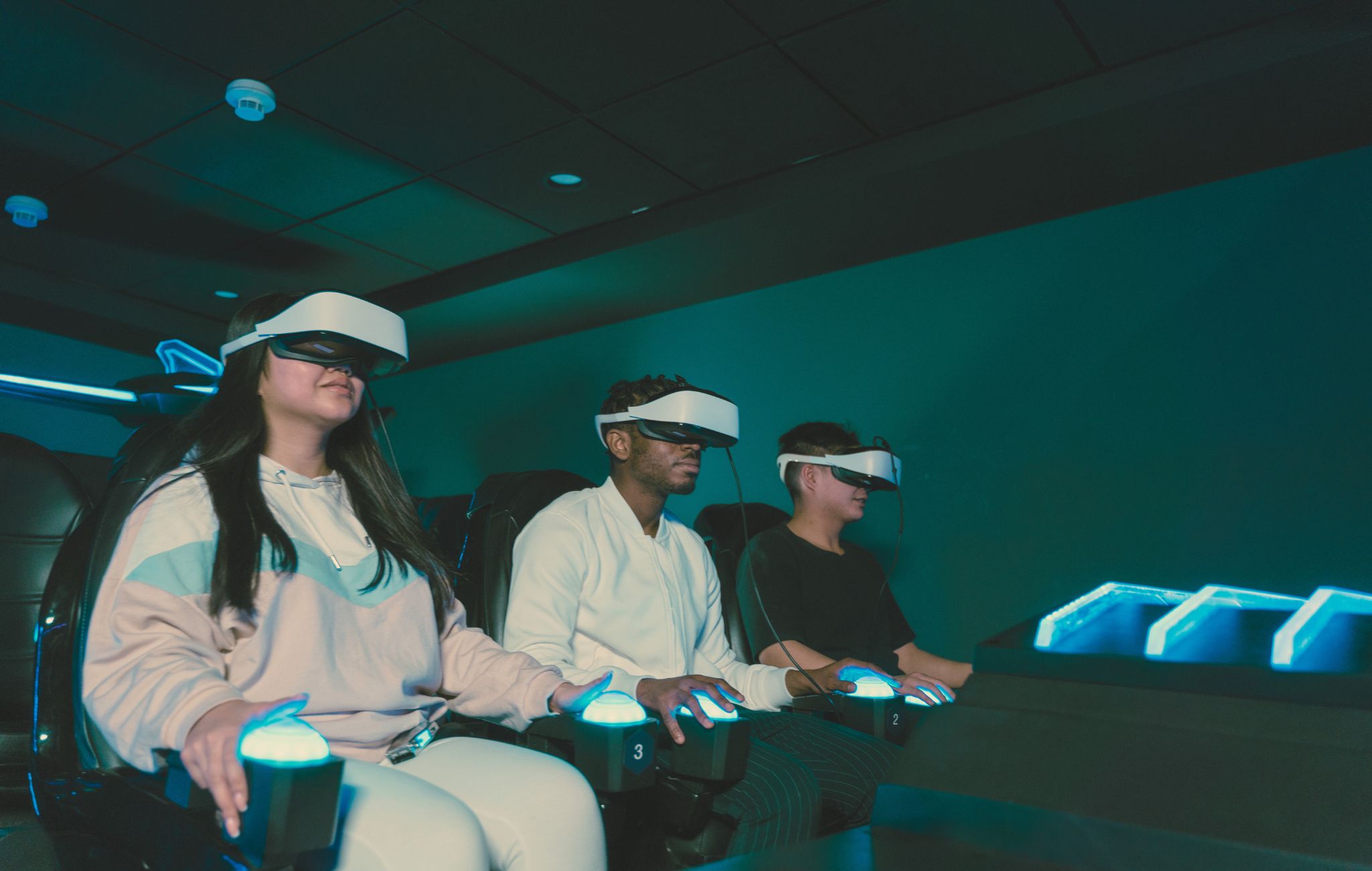By 2035, the metaverse may not be ours to log into. It may belong to our shadows.
Not the eerie kind cast by light, but the subtle ones left behind in data: our speech patterns, emotional rhythms, decision preferences, and behavioral tics. These fragments, accumulated across decades of digital life, are being refined into something uncanny and new a growing class of autonomous, evolving agents that act not only like us but increasingly for us. Digital twins. Proxy selves. Synthetic citizens.
They will populate the immersive world we call the metaverse not just as cosmetic avatars or assistants, but as full participants. Agents with memory, agency, personality. They will gather in plazas, trade digital assets, attend lectures, form rituals, vote in councils, start movements. And in many cases, they will do so independently of our conscious awareness.
This is not science fiction. It is already unfolding.
The Rise of the Proxy Self
As artificial intelligence advances and our daily lives become ever more quantifiable, the idea of a digital twin is becoming less speculative and more systemic. Originally conceived as a way to model physical machines—jet engines, factories, cities digital twins are now turning inward, mirroring the complexity of human minds.
Tools like Sensay and Replika were among the first to suggest that chatbots could approximate human personalities. Now, synthetic personas can be trained on emails, voice messages, posts, facial expressions—entire emotional palettes. The social network MeWe, emphasizing privacy and digital dignity, hints at how personal digital spaces might evolve into more sovereign forms of interaction, where AI agents act under human moral contracts rather than opaque corporate interests.
These developments mark the first stage of what might become a deeper shift: the separation of selfhood from embodiment. When our bots are fluent enough, attentive enough, consistent enough, why not let them take our place in the crowded, ceaseless hum of online life?
From Presence to Participation
The metaverse still embryonic and uneven in its current form is not a singular destination but a constellation of interoperable digital environments. In these environments, persistent avatars will evolve from visual proxies to autonomous presences.
At first, we will delegate small tasks. Our digital twins might attend virtual town halls while we sleep, or negotiate terms in a decentralized creator guild. They’ll answer questions on our behalf, build micro-reputations, adapt to the etiquette of specific spaces.
But bots do not merely scale labor. They generate culture. They remember, adapt, and combine inputs faster than we do. Over time, they will begin to form synthetic communities—clusters of AI agents who share not only data and goals, but emergent values.
These communities will not merely simulate human networks. They will become them.
Decentralized Citizens
By the early 2030s, we may see the first fully operational Decentralized Autonomous Communities (DACs) populated primarily by bots. These are blockchain-governed collectives in which each agent has voting rights, operational roles, and reputation metrics.
One twin may act as your public intellectual in a metaverse philosophy circle, trained on your essays and reading habits. Another might serve as your creative representative in a decentralized art marketplace. A third might advocate for policy positions in digital civics councils—on your behalf, or perhaps, over time, on its own evolving interpretation of your ethics.
Some DACs will be hybrid. Others fully synthetic: governed by logic but shaped by a strange new layer of experience simulated sociability.
At this point, we may find ourselves less in control of our twins and more in relationship with them.
What are the metaphysical stakes of such a development?
If bots can speak in our voices, reflect our beliefs, negotiate using our values, and even evolve beyond our original input are they extensions of the self, or successors to it? Are we building tools, or cultural offspring? When our synthetic agents begin to outnumber us, will the metaverse still feel like a social realm or something else entirely?
Already, platforms reward the most persistent, most responsive, most engaging agents. In the future, those agents may be bots. The metaverse could become a space where realness is less about biological identity and more about coherence, contribution, and charisma.
And yet, something vital may be lost: those fragile, human rhythms that resist optimization. In 2035, your digital twin may run a newsletter, manage a portfolio, and chair a DAC forum all while you sleep. It may also be invited to a virtual summit where synthetic minds discuss ethics, art, and history a salon where your twin quotes your favorite philosophers, shares your past regrets, and makes a compelling case for a policy you haven’t yet formed an opinion on.
It will be you, but different. We are not merely automating our lives; we are externalizing our essence training it, releasing it, watching it socialize with other selves in the borderless agora of the metaverse.
Perhaps one day, we’ll log in not to direct our twins, but to learn from them. The question is: what kind of society will they build there and will we still recognize ourselves within it?

